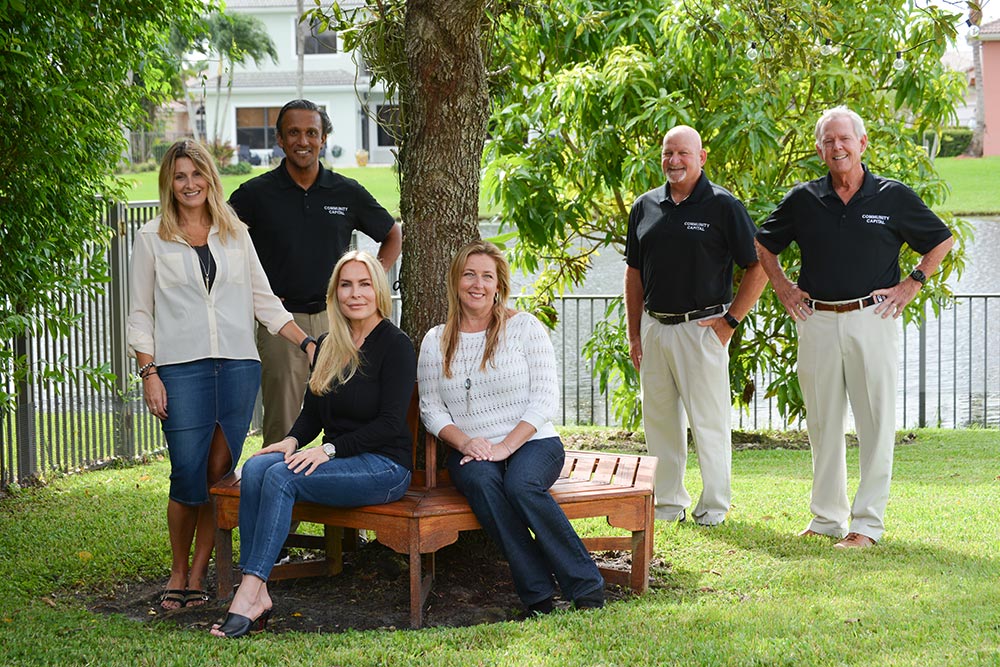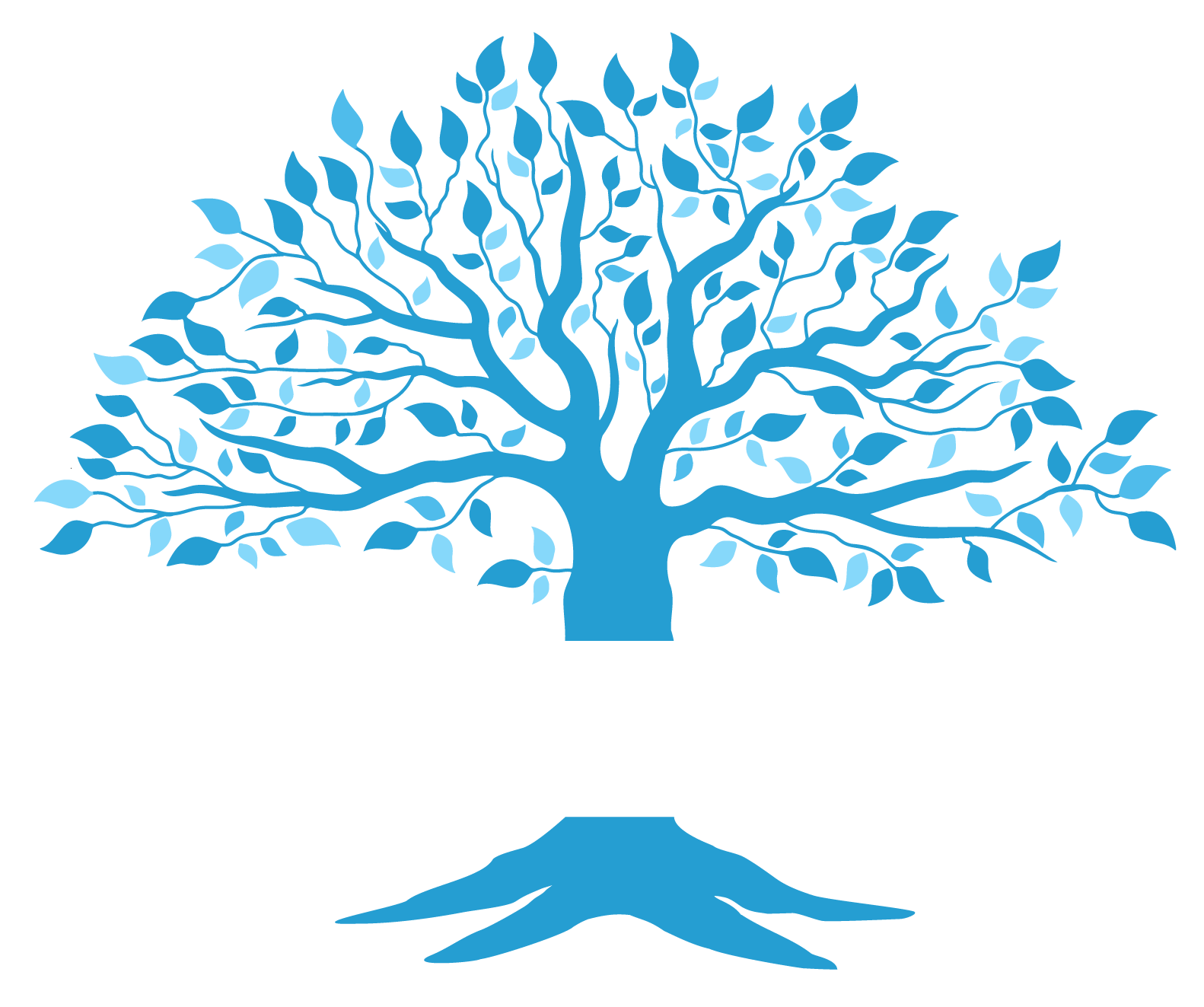Florida is growing, and for good reason too. Businesses, families, investors, and retirees know that Florida is an excellent state to invest in real estate and income producing properties. With international tourist destinations, year-round sunshine, stunning beaches, a diverse and booming economy, and favorable tax laws, The Sunshine State is a no-brainer for those in real estate investing.
Community Capital Holdings works with Florida buyers, foreign nationals, and out-of-state residents when in the funding process for income-producing real estate investments. While we recommend speaking to your own tax advisor or someone who specializes in Florida tax laws, our team of knowledgeable, experienced, hard money loan professionals often receives questions about Florida’s tax laws, and understandably so.
“There are no taxes in Florida!” is a common misconception. Though Florida is among the states with the country’s most favorable tax benefits, Florida residents still pay certain taxes – just not as much as the United States average.
Florida definitely has more tax benefits and tax advantages than many other states making it very desirable to live here, work here, and invest in Florida real estate. Before you buy your next investment property, here’s some important baseline tax information that every real estate investor needs to know:
Income Tax
Income taxes (or the lack of income taxes) can help attract buyers, certain businesses, and residents to Florida. The Sunshine State is one of seven states that does not impose a state income tax on individuals, though federal income taxes still apply. That also means no state taxes on Social Security benefits, pensions, IRAs, 401(k)s and other retirement income. It also has no inheritance tax or estate tax.
However, if you run a corporation or artificial entity that does business in Florida, you are still responsible for paying corporate income taxes at 5.5%. There are some business that are exempt from income taxes such as:
- Sole proprietorships
- Individual people
- Estates of decedents
- Testamentary trusts
- Some S corporations (if they owe federal income tax)
Sales Tax
are fees collected with the payment for goods and services. The general Florida state sales taxes are 6%, except the 4% for amusement machine receipts, 5.5% on the lease or license of a commercial real property, and 6.95% on electricity.
People in Florida pay sales tax for goods or services such as:
- Retail items
- Repairs
- Rentals or leases for real property and personal property
- Admission to events
- Vending machines
- Home services
- Out-of-state businesses selling Florida residents at over $100,000 per year
Business Tax
Business-friendly laws and a focus on forward-thinking economic policies have helped Florida= become one of the most sought-after business destinations. From new startups to business relocation to foreign investment, Florida’s tax system creates a favorable business environment for both businesses and real estate investors.
The state estimates it is providing more than $168 million in taxpayer savings for families and businesses. Here are some of the business taxes you either don’t pay or you get tax breaks and incentives on:
- Corporate franchise tax on capital stock
- Sales tax on the procurement of raw materials
- Corporate income tax on limited partnerships
- Property tax on business inventories or goods-in-transit
- Insurance premium tax advantages
The state of Florida also offers various environmentally-minded tax exemptions designed to help those that utilize clean energy, including real estate investments. Some of the business resources exempted from taxation are:
- Natural gas used to generate electricity
- Solar energy systems
- Electricity or steam used in manufacturing
Property Tax
Anyone who owns property in Florida pays real estate property taxes, including commercial businesses. And yes, even if you don’t reside in the space and own a rental home or income-producing property, you are still required to pay property taxes.
The property tax rates vary per county, with Florida’s average property tax rate at 0.98% or around $1,752 per year depending on the value of your home. Florida buyers and investors probably already pay this property tax without realizing it as the mortgage often includes these extra fees.
Though property tax may seem like a burden, the state requires those who benefit from its services to pay back into the system for benefits such as:
- County infrastructure, land improvements, and construction
- Recreational services and upkeep
- Law enforcement and first responders
- Protective services
- Sanitation services like garbage and recycling
- Local levies
- Governmental services
- District employees’ compensation
There are property tax exemptions worth looking into if you fall into any of these categories:
- Homestead exemptions up to $50,000
- Widow(er) exemptions
- Senior citizen exemptions
- Blind person exemptions
- Total and permanent disability exemptions
- Various veterans exemptions
Knowing local and state tax laws is imperative in the hard money loan process. To make the most out of your Florida real estate investment, you need to work with an experienced, knowledgeable team of real estate experts and underwriters who understand Florida tax benefits and can help you navigate the rules and regulations so you stay in-the-know..
Whether you’re looking for a commercial loan, bridge loan, raw land loan, or income-producing property loan, we can help. Community Capital Holdings is deeply invested in Florida, real estate, and each of its business partners.
Start on your Florida real estate investment today. Contact experts at Community Capital Holdings.







